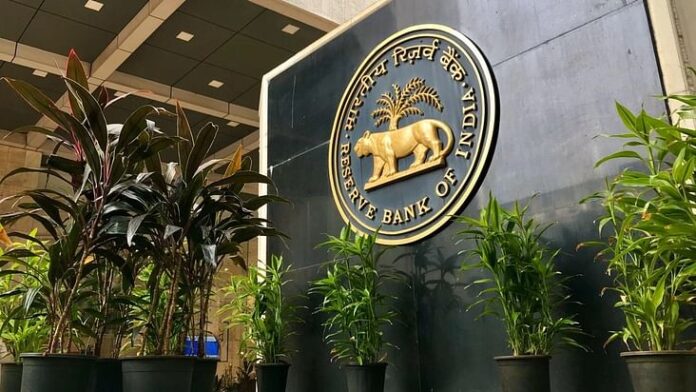India’s central bank is nudging local banks to ask their clients to settle trade between the United Arab Emirates and India using the dirham (AED) or Indian rupee (INR) to reduce U.S.-dollar-based transactions, five sources told Reuters.
According to three banking sources, the move is a part of the Reserve Bank of India’s broader aim to promote settlement in local currencies with countries with which India has a trade deficit, with the secondary benefit of expanding the reach of the rupee globally.
Government data show that in 2022–23, India’s trade deficit with the UAE was $21.62 billion, or 8.2% of its overall deficit. In July, the two countries decided to encourage trade in rupees rather than dollars.
According to a government source, the goal was to reduce the amount of money leaving the country because of the trade deficit.
“The RBI has asked banks to encourage clients and corporates to initiate INR-AED trades gradually, instead of using the dollar,” said a treasury official at a private bank.
At a seminar this month, an RBI official told foreign exchange dealers this message verbally, according to four sources. This communication has not yet been made public.
Due to their lack of authorization to speak to the media, none of the sources wished their names to be used. An email from Reuters seeking comment was not responded to by the RBI or the Ministry of Trade.
Promoting INR-AED Trade and Overcoming Corporate Reluctance
According to the government source, the RBI could consider setting internal targets for the amount of trade between India and the UAE that should be conducted in alternatives to dollars.
The central bank is “keen that volumes of such trades go up” and “has assured the market that they will be ready to support banks with INR-AED trades,” this banker said.
At least three bankers claimed that the current volume is modest and might make it hard for corporations to pay for the entire import in dirhams, despite the fact that data on such cross-currency trading volumes is not publicly available.
In fact, Indian Oil Corp. paid Abu Dhabi National Oil Co. (ADNOC) earlier this month in rupees to buy a million barrels of oil.
However, a banker with a state-run firm said that huge corporations have so far been reluctant to engage in non-dollar deals.
On the other hand, bankers have pushed similar transactions with smaller companies by offering reduced service charges as an incentive, the banker said.




